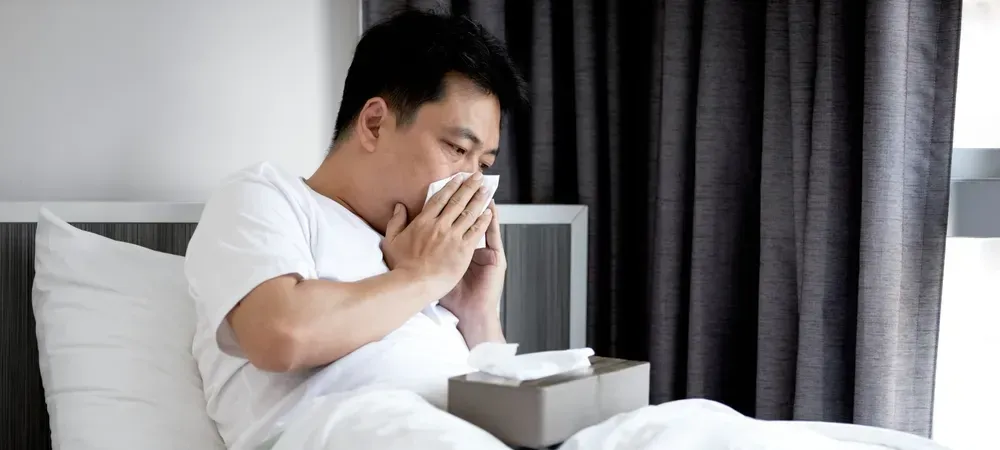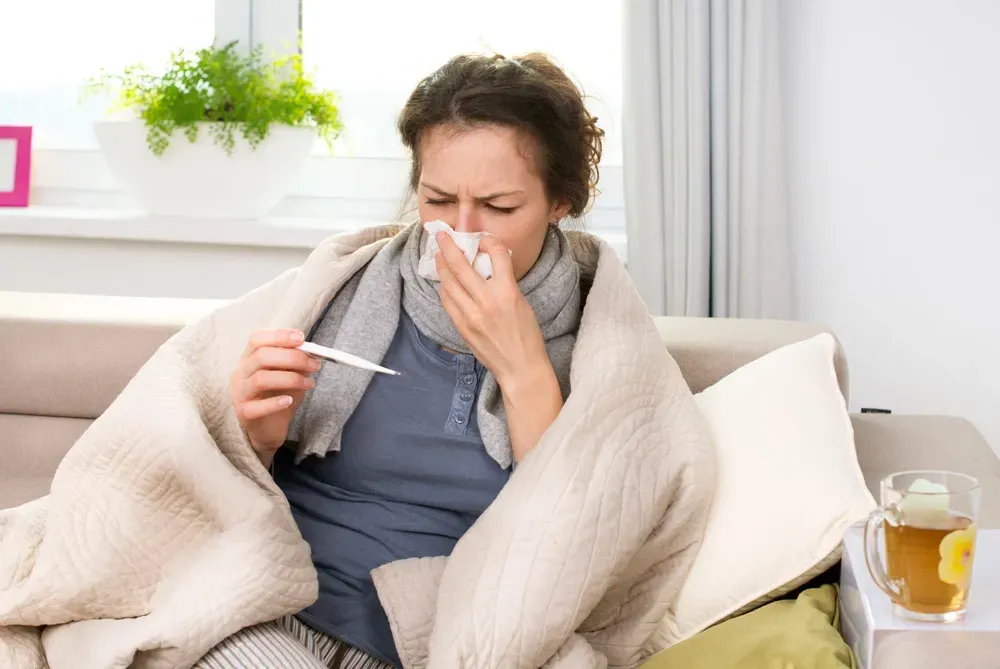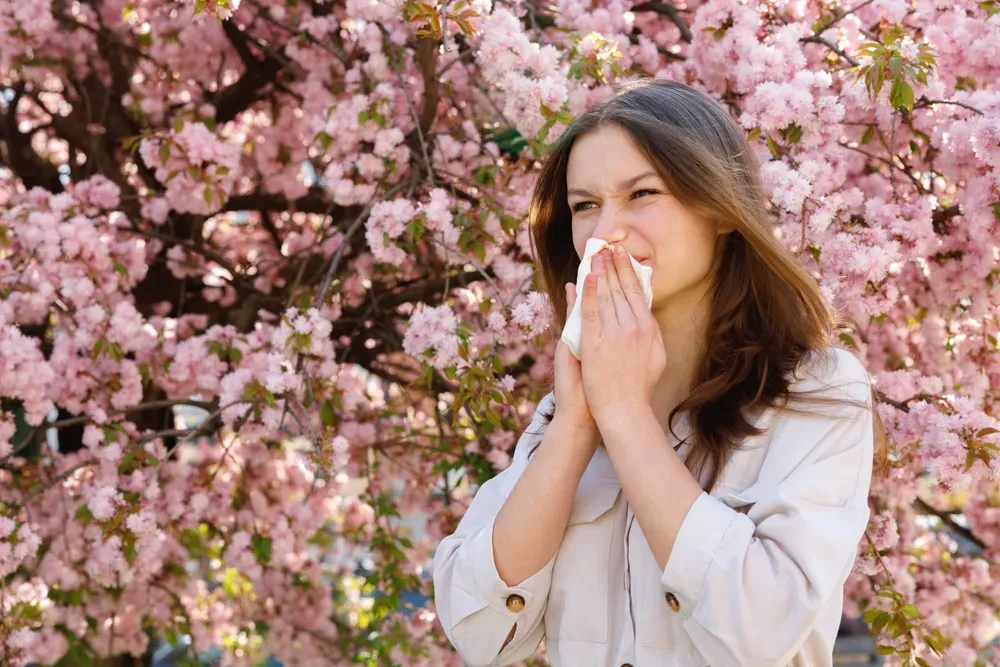Latest Health News

Summer is a time for pool parties, beach days, camping, and other outdoor activities. Spending a lot of time out in the sun and in hot, humid weather can negatively affect your skin. It’s important to revamp your skincare routine to fit the season. If you want to keep your skin healthy and radiant during the warmer months, try following these summer skincare tips

One of the things people look forward to most in the warmer months is getting to spend more time outside. This is the perfect time of year to go fishing, head to the beach, host a cookout, play sports, and enjoy other outdoor activities. However, spending time outside in the sun can lead to sunburn, which can not only be painful but can also contribute to early aging and even skin cancer.

Nasal congestion can have a number of causes, including viral infections like the flu or common cold, bacterial infections, seasonal allergies, nasal polyps, and others. No matter the cause, having a stuffy nose can make you feel miserable and cause trouble breathing, headaches, and sleep problems. Here are some of the best remedies for nasal congestion that can help you find relief from this irritating symptom.

Do you suffer from the winter blues? If so, you may have seasonal affective disorder, or SAD. Seasonal affective disorder causes depression that’s triggered by changing seasons. Keep reading to find out more about what seasonal affective disorder is and how it can be treated so you don’t have to suffer all season long.

Winter is a time of year when cold and flu become much more prevalent. The colder weather means spending more time indoors and in tight quarters with others, which can lead to the spread of these illnesses from one person to another. Getting sick with either illness is never fun, and it can be difficult to know exactly what it is that you’re sick with. That’s why we’ve put together this list of the key differences between the two so you can more easily tell the difference between cold and flu.

A sore throat can be one of the most uncomfortable symptoms when you’re sick. Sore throats can be caused by viruses like those that cause colds or flu, bacterial infections like strep, allergies, or other infections. Whatever the cause of your sore throat, you’re likely looking for effective ways to relieve the pain and irritation. Here’s a list of some of the best natural remedies for a sore throat that can help relieve the pain and make you feel better.

Here at Springfield Pharmacy, we offer the Simple Pill Pack, or SP Pack, as our version of compliance packaging for medications. The purpose of this type of specialty medication packaging is to help you make sure all your medications are taken as prescribed. Here’s everything you need to know about our compliance packaging and how you may benefit from this pharmacy service.

Getting sick is never fun. You don’t want to have to call out of work or take a trip to the doctor because you aren’t feeling well. If you want to avoid catching illnesses like colds, flu, COVID-19, RSV, and others, you need a strong immune system. Your immune system is your body’s way of protecting itself from infection and disease. Keep reading to find out some of the top ways to boost your immune system so you can stay healthy and avoid getting sick.
Latest Posts

Summer is a time for pool parties, beach days, camping, and other outdoor activities. Spending a lot of time out in the sun and in hot, humid weather can negatively affect your skin. It’s important to revamp your skincare routine to fit the season. If you want to keep your skin healthy and radiant during the warmer months, try following these summer skincare tips

One of the things people look forward to most in the warmer months is getting to spend more time outside. This is the perfect time of year to go fishing, head to the beach, host a cookout, play sports, and enjoy other outdoor activities. However, spending time outside in the sun can lead to sunburn, which can not only be painful but can also contribute to early aging and even skin cancer.

Nasal congestion can have a number of causes, including viral infections like the flu or common cold, bacterial infections, seasonal allergies, nasal polyps, and others. No matter the cause, having a stuffy nose can make you feel miserable and cause trouble breathing, headaches, and sleep problems. Here are some of the best remedies for nasal congestion that can help you find relief from this irritating symptom.






